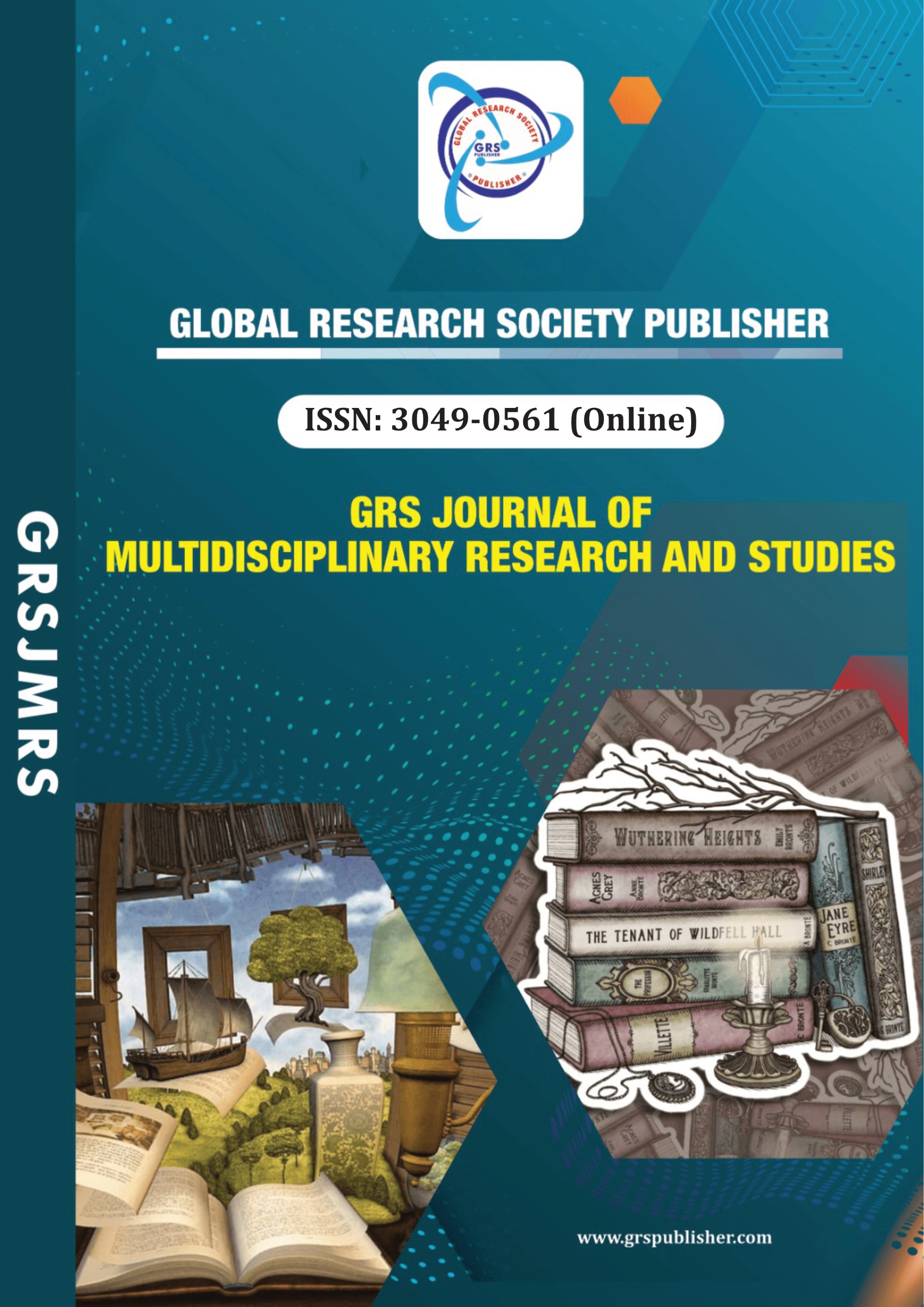Evaluation of EduChat as a Teacher's Co-pilot and Its Contribution to UN Sustainable Development Goals
Sr No:
6
Page No:
44-49
Language:
English
Licence:
CC BY-NC 4.0
Authors:
Eliza B. Ayo*, Czarina Mitz N. Chua, Joey Chua, Raymond Peralta, Diosdado Aler II
Published Date:
2025-11-15
Abstract:
This study addresses critical gaps in educational interactivity and teacher-student engagement by leveraging artificial intelligence to develop EduChat, an AI-powered teacher co-pilot designed to support the United Nations Sustainable Development Goals (SDGs). The system directly contributes to SDG 4 (Quality Education) by ensuring inclusive and equitable education; SDG 5 (Gender Equality) through accessible, unbiased learning resources; SDG 9 (Industry, Innovation and Infrastructure) via the integration of innovative AI technology; and SDG 10 (Reduced Inequalities) by democratizing educational access. Developed using Voiceflow and ChatDash within an agile framework, EduChat allows teachers to upload instructional materials to a centralized knowledge base, enabling the chatbot to provide accurate, context-aware responses to student queries 24/7. System evaluation demonstrated an average response time of 6.58 seconds, a recognition rate of 95%, and a fallback rate of 5%, confirming both efficiency and reliability. EduChat enhances pedagogical accessibility, reduces educator workload, and promotes lifelong learning, illustrating significant potential for scalable, sustainable educational innovation aligned with the 2030 Agenda.
Keywords:
AI in education; Teacher co-pilot; Chatbot; Natural language processing; EduTech; Sustainable Development Goals; SDG 4; Educational equity; Digital inclusion
Journal: GRS Journal of Multidisciplinary Research and Studies
ISSN(Online): 3049-0561
Publisher: GRS Publisher
Frequency:
Monthly
Language:
English

